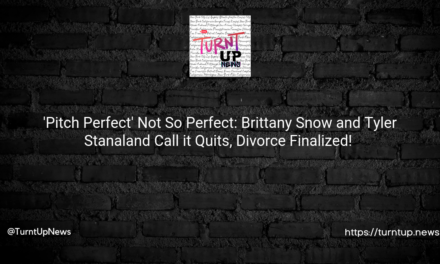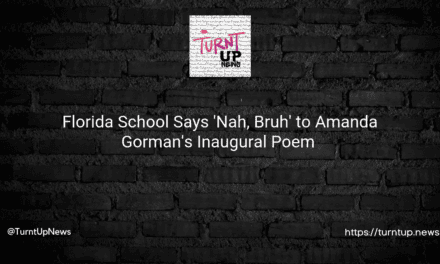🎤💔 Migos Rapper Takeoff’s Mom Slaps Houston Venue with Lawsuit after Tragic End! ⚖️💥
TL;DR;
Takeoff’s mother, Titania Davenport, has filed a wrongful death lawsuit against the Houston venue where her son, a member of the famous rap trio Migos, was tragically shot dead. She claims the venue didn’t provide sufficient security measures, which ultimately failed to protect her son and others. Is it the venue’s responsibility to protect celebrities or does the onus lie on the individuals? 🤔💭
🔍📰 Diving Deeper:
On a day that should have been just another gig, tragedy struck. Migos rapper Takeoff was shot and killed at a Houston venue on November 1. Now, the pain echoes through courtrooms as his mother, Titania Davenport, alleges that the venue, 810 Billiards & Bowling, did not take appropriate security measures to safeguard her son and other guests. But who should shoulder the blame here, the venue or the individual? 🤔
According to the filed lawsuit, the venue did not conduct adequate security prechecks, especially considering Takeoff’s celeb status that was bound to attract massive crowds. But it begs the question, should venues adapt their security protocols to the fame of their guests? 🧐
The fatal bullet that ended the 28-year-old’s life came from Patrick Xavier Clark, according to police. Strangely enough, he isn’t named in the lawsuit. Instead, Davenport argues that the venue should have been aware of the potential violence risk based on previous incidents and the crime rate in the area.
Yet, it’s puzzling 🧩. Should venues be responsible for predicting crime or is this an overreach? Can the history of an area really predict its future? 😕
Following Takeoff’s tragic demise, a grand memorial service was held in his hometown’s State Farm Arena in Atlanta. But the loss remains, and the lawsuit seeks over a million dollars in damages to cover funeral expenses, mental anguish, and more. But is money enough to fill the void left by such a tragic event? And is the venue truly responsible, or are there other factors at play here? 🙇♀️💸
Weighing all these facts and uncertainties, we must question: should venues be expected to act as fortresses, protecting their guests from any potential harm? Or is this an unrealistic expectation? 🏰🛡️ What’s the line between providing a safe space and policing personal actions? Could this case change how venues operate in the future? 🔄🕰️
One thing’s for sure: This tragic event has opened a can of worms, prompting all of us to question the roles and responsibilities of public spaces. So, what’s your take? 🗣️🎙️
DISCLAIMER: This content does not provide any form of legal advice and does not reflect the views of Turnt Up News. Always seek the advice of a qualified legal professional regarding any legal matters.





